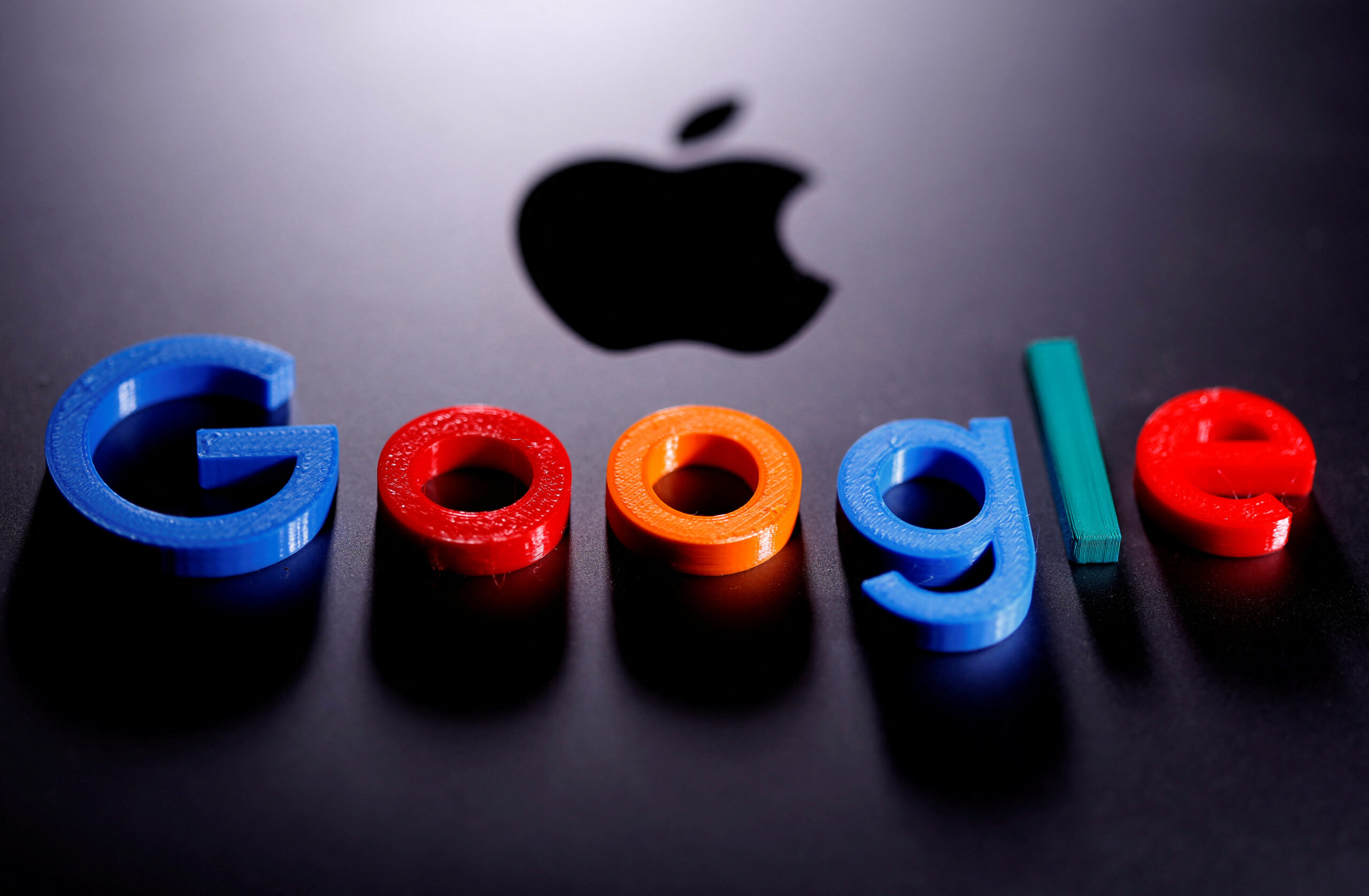
Apple has stepped into Google’s high-stakes antitrust trial, aiming to defend its billion-dollar revenue-sharing agreement with the search giant, according to Reuters. This arrangement ensures Google remains the default search engine on Apple’s Safari browser, a partnership that earned Apple an estimated $20 billion in 2022.
In court filings submitted Monday, Apple declared it cannot rely solely on Google to protect its interests in the trial. The company argued that Google’s broader battle to fend off potential breakups of its business units might overshadow Apple’s specific concerns about the revenue-sharing agreement.
“Google can no longer adequately represent Apple’s interests,” Apple stated, citing the Department of Justice’s (DOJ) push to break up parts of Google’s operations, including Chrome and potentially Android, to boost competition in online search.
Prosecutors are targeting Google’s dominance in the market, arguing that default search deals like the one with Apple unfairly stifle competition.
While Apple is defending its financial ties with Google, it made it clear it does not plan to develop its own search engine, regardless of the trial’s outcome. Instead, the company intends to call witnesses to testify about the importance of the agreement to its ecosystem and users.
Google, for its part, has proposed adjustments to its default agreements with browser developers, device manufacturers, and wireless carriers. However, the company has not offered to end revenue-sharing deals like the one with Apple.
This trial is seen as a landmark case for antitrust enforcement. For Apple, it underscores the value of third-party partnerships in enhancing its products, while for Google, it threatens a key pillar of its search engine dominance.
Apple’s defense of its agreement with Google highlights how closely tied their partnership is to the current structure of the search market. This raises important questions about how such deals influence competition and what changes, if any, might come from the ongoing antitrust scrutiny.
Featured Image courtesy of Dado Ruvic/REUTERS
Follow us for more tech news updates.
